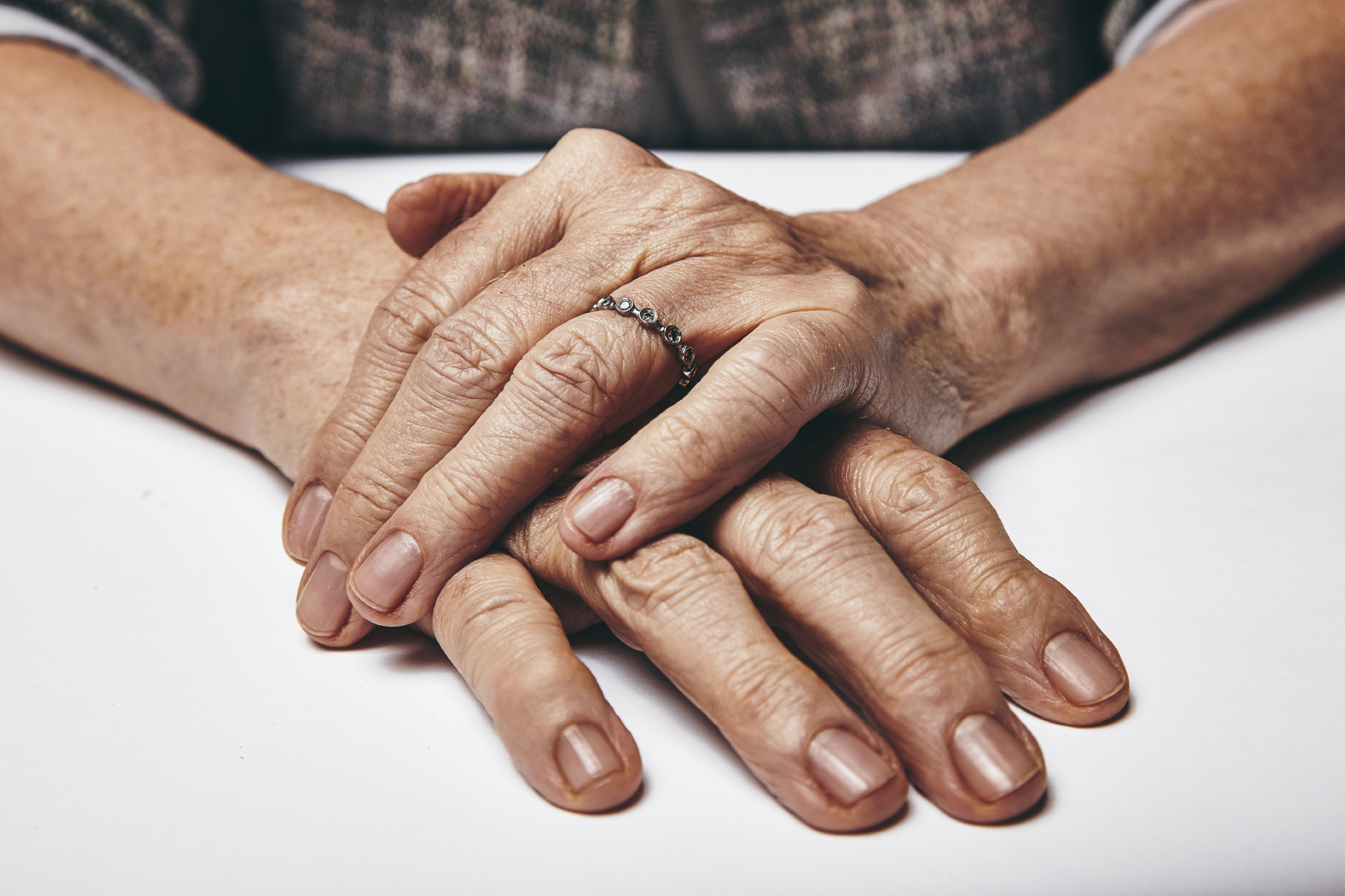5 reasons the retirement crisis is worse for women than men
For starters, women make less money than men

A free daily email with the biggest news stories of the day – and the best features from TheWeek.com
You are now subscribed
Your newsletter sign-up was successful
It often seems that nearly every day, there's a new report telling us how woefully unprepared Americans are for retirement.
But dig a little deeper into the myriad studies, and another trend emerges: While both men and women lack retirement savings, the picture for women is far bleaker. The gap starts to develop early: A recent T. Rowe Price study of millennial workers found that women were less likely to put money into a 401(k), and those who did had smaller balances than men.
Over time, that gap grows wider. Women ages 55 to 64 have saved an average of just $81,000 for retirement, compared to men of the same age who have socked away about $118,000 for retirement, says BlackRock.
The Week
Escape your echo chamber. Get the facts behind the news, plus analysis from multiple perspectives.

Sign up for The Week's Free Newsletters
From our morning news briefing to a weekly Good News Newsletter, get the best of The Week delivered directly to your inbox.
From our morning news briefing to a weekly Good News Newsletter, get the best of The Week delivered directly to your inbox.
That 46 percent difference is enough cause for concern on its own, but it's even more worrisome after accounting for the fact that women outlive men, so that smaller pot has to stretch over a lengthier retirement.
Here are five reasons women are so much less prepared:
1. Women make less money than men
It's no secret that women earn just 82 cents for every dollar that men make. Setting aside the reasons for that pay gap, the mere existence of that difference puts women behind when it comes to setting aside cash for retirement. Plus, women are more likely to drop in and out of the workforce to take care of children or other family members, during which time their retirement savings go on hiatus.
A free daily email with the biggest news stories of the day – and the best features from TheWeek.com
Working less consistently and for less money not only means lower 401(k) balances, but it means less access to pensions (at the jobs where pensions still exist), and diminished Social Security benefits.
2. Women have more student loans
In 2012, 71 percent of female graduates had borrowed money to pay for college, versus 67 percent of males, reports Pew Research. That could be because female college students tend to come from more disadvantaged backgrounds than their male peers.
Among millennials, women have median household student debt loads of almost $20,000, versus just $14,000 for men, according to T. Rowe Price. The leading reason that people who contribute to their 401(k) but don't max it out is that they are contributing as much as they can afford, says Anne Coveney, head of T. Rowe's thought leadership. That problem is amplified when women need to put a larger portion of a smaller salary toward debt payments.
3. Women are too risk averse
To get the returns necessary to build a nest egg that will carry them through retirement, most financial planners agree that investors — especially young ones with a long time horizon — need allocate a good portion of their portfolio in stocks. "Most people need to have some level of risks in order for their savings to be able to carry them through retirement," says Ryder Taff, a portfolio manager with New Perspectives in Ridgeland, Mississippi.
However, men have almost double the allocation in individual stock holdings than women, and 50 percent more money in mutual funds than women, says a 2014 study by Hearts and Wallets.
4. Divorce has a larger financial impact on women
Even when assets are split evenly in a divorce (and they're often not), and women increase their earnings at work, women who don't remarry are at an economic disadvantage in retirement. Single women receive an average monthly Social Security benefit of about $1,000, compared to a monthly combined benefit of $2,231 received by married couples.
5. Women are less financially literate.
While both men and women in the United States could really use a crash course in personal finance, the level of financial literacy among women is strikingly low. Only 22 percent of women (compared to 38 percent of men) were able to answer three basic financial literacy questions correctly in a 2012 study by the Network for Studies on Pensions, Aging, and Retirement. Women were also far more likely than men to answer a question "I don't know." That lack of confidence and knowledge has been linked to lower overall savings.
-
 How the FCC’s ‘equal time’ rule works
How the FCC’s ‘equal time’ rule worksIn the Spotlight The law is at the heart of the Colbert-CBS conflict
-
 What is the endgame in the DHS shutdown?
What is the endgame in the DHS shutdown?Today’s Big Question Democrats want to rein in ICE’s immigration crackdown
-
 ‘Poor time management isn’t just an inconvenience’
‘Poor time management isn’t just an inconvenience’Instant Opinion Opinion, comment and editorials of the day